
Social media continues to evolve at an astonishing pace, and the future of social media in 2025 will bring even more transformative changes. From artificial intelligence (AI) and virtual reality (VR) to new engagement models and user behavior patterns, 2025 social media trends are set to reshape how we interact online. This article explores the future of social media 2025 trends, providing insights into how these shifts will impact platforms, businesses, and users alike.
As we enter 2025, the social media landscape is evolving at an unprecedented pace. From new platforms to groundbreaking technologies, staying ahead of the curve is essential for businesses, creators, and users alike. Here are the trends shaping the future of social media and what you need to know to stay relevant.
1. The Rise of AI-Powered Content Creation
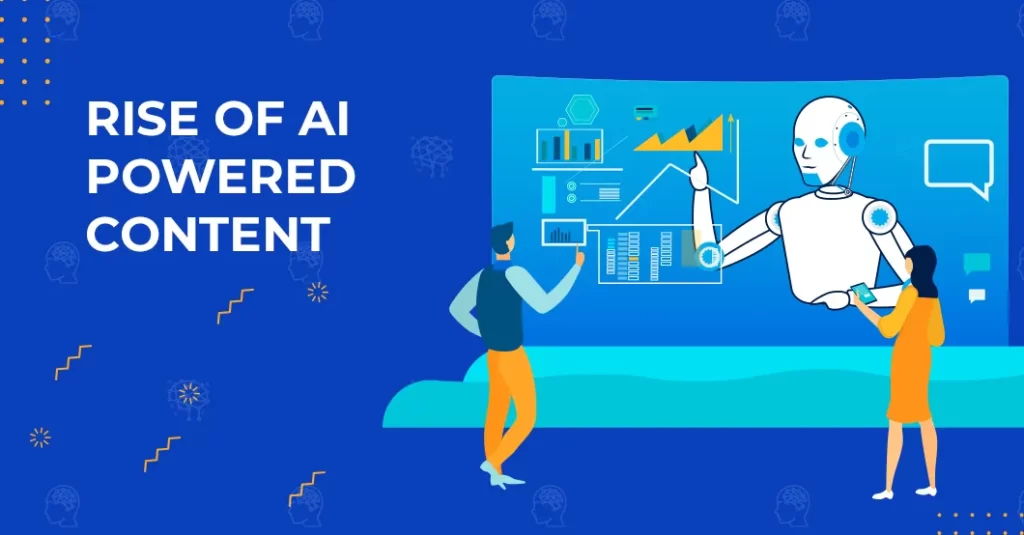
Artificial intelligence (AI) continues to redefine social media content. Tools like ChatGPT and DALL·E are enabling creators to produce videos, images, and written content more efficiently. Platforms like OpenAI’s YouTube Channel showcase how AI is becoming an integral part of creative workflows.
For businesses, AI simplifies audience engagement through chatbots and personalized recommendations. Expect to see AI-driven features on platforms like Instagram and TikTok, such as automated video editing and augmented reality (AR) enhancements. As AI technology advances, the future of social media in 2025 will become more intuitive and immersive.
2. Short-Form Video Dominance
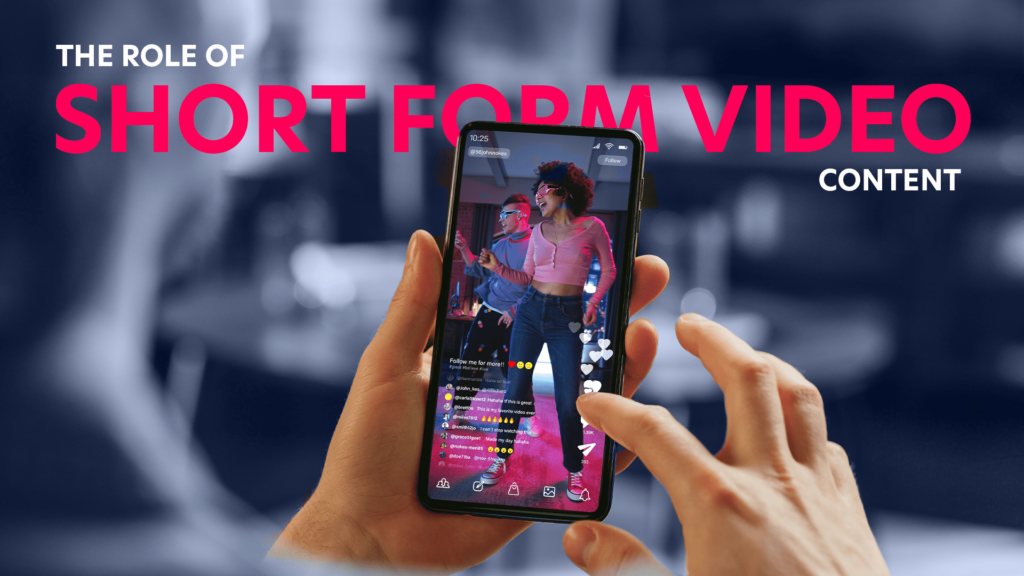
Short-form video content continues to reign supreme. TikTok’s massive growth is influencing competitors like Instagram Reels and YouTube Shorts. Virtual reality (VR) is another game-changer that will define the future of social media 2025 trends. According to YouTube Creators, short-form videos receive higher engagement rates, making them crucial for creators and brands in 2025.
Businesses are leveraging this format to share bite-sized, relatable content that captures attention within seconds. To succeed, focus on storytelling, authenticity, and trends.
3. Metaverse and Virtual Social Spaces
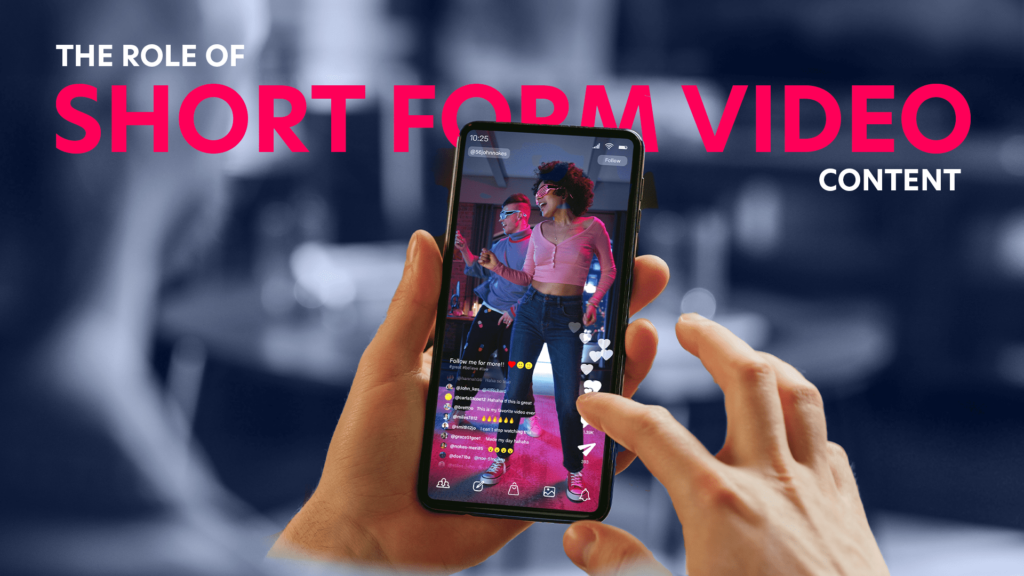
The metaverse is no longer just a buzzword—it’s becoming a digital reality. Platforms like Meta’s Horizon Worlds are leading the way in creating immersive virtual environments for social interaction. Social media platforms are integrating with the metaverse, offering virtual events, 3D avatars, and even commerce opportunities.
Meta’s official Facebook page and YouTube channel provide insights into the future of virtual social spaces and what users can expect in 2025.
4. Decentralized Social Media Platforms
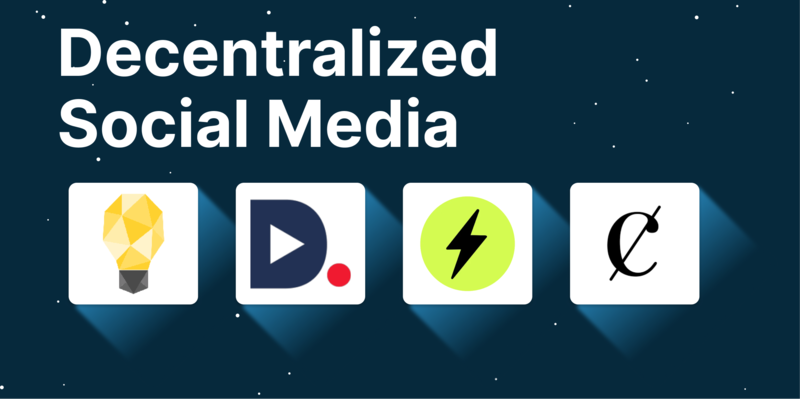
Privacy concerns and censorship issues are driving users toward decentralized platforms like Mastodon and Lens Protocol. These platforms prioritize user control, data security, and community governance. According to Mastodon’s official page, 2025 will see a surge in adoption as users seek alternatives to mainstream platforms.
Decentralized platforms are also gaining traction for their ability to reward creators directly through blockchain-based tokens, making them an attractive option for digital content producers.
5. Social Commerce Growth
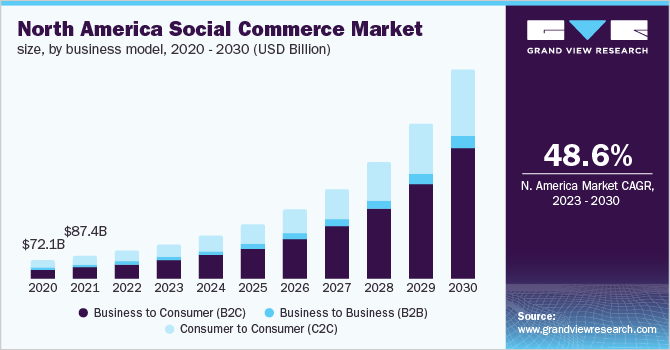
Social media platforms are becoming the new storefronts. Instagram, TikTok, and Pinterest are integrating e-commerce features like shoppable posts, live-stream shopping, and in-app checkouts. According to TikTok For Business, short videos with integrated shopping features are driving higher conversions than traditional ads.
For businesses, this means prioritizing a seamless shopping experience and creating visually engaging content that highlights products organically.
6. Sustainability and Purpose-Driven Content

In 2025, users are increasingly drawn to brands and creators that align with their values. Social media platforms are amplifying purpose-driven campaigns focusing on sustainability, inclusivity, and social impact. Platforms like Patagonia’s Instagram showcase how brands are leveraging these trends to build meaningful connections with their audience.
Creators are also addressing global challenges, with climate change and mental health being prominent themes. This trend emphasizes the need for authenticity and transparency in content.
7. Micro and Nano Influencers Gaining Ground
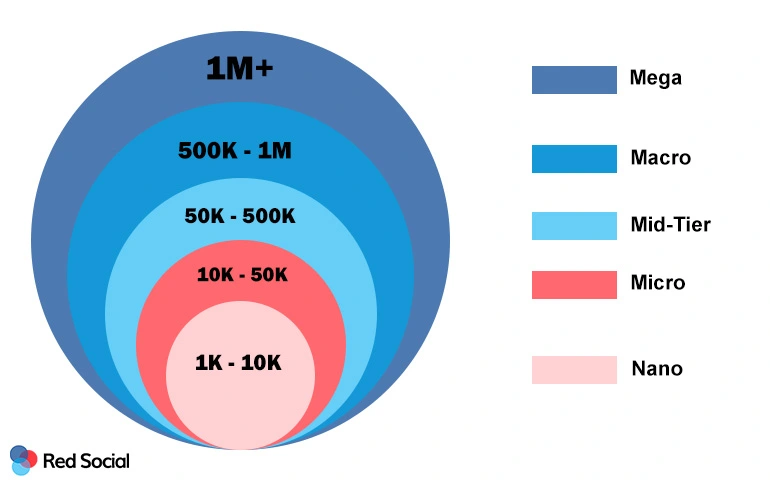
While mega influencers continue to hold sway, 2025 is the year of the micro and nano influencers. These creators, with smaller but highly engaged audiences, are becoming the go-to for brands seeking authentic connections. Platforms like Influencer Marketing Hub provide resources for understanding this shift in influencer marketing dynamics.
Social media algorithms are also favoring personalized content, making smaller influencers more effective in driving engagement.
8. Social Media for Professional Networking

Platforms like LinkedIn and Twitter (now X) are doubling down on professional networking features. LinkedIn’s emphasis on video content and Elon Musk’s plans for X to include job boards and mentorship programs signal the shift toward social media as a career tool.
Businesses and professionals should focus on building their online presence and using these platforms to showcase their expertise and network.
Preparing for the Future of Social Media
As the social media landscape evolves, adapting to these trends is essential. Embracing AI, short-form content, and purpose-driven strategies can position you for success in 2025. Whether you’re a brand, creator, or casual user, staying informed and flexible is key.
For more insights on these trends, follow YouTube Creators and TikTok For Business, where industry experts share tips and strategies for navigating the future of social media.
Read some our stories and keep yourself engage


